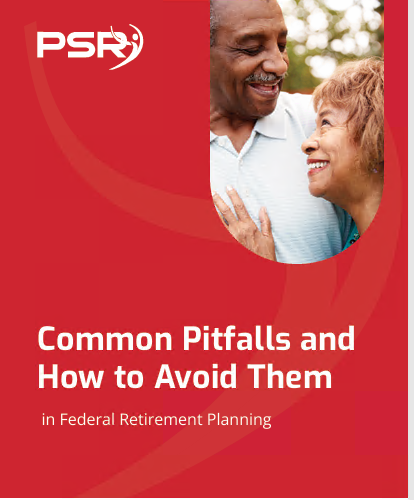Federal and Postal Employees during Tax Season
 The tax season is upon us and federal and postal workers – active and retired – might want to take a very careful look at all of the tax savings options available to them. Many of us get very excited around tax season because we think about big, fat, juicy refunds.
The tax season is upon us and federal and postal workers – active and retired – might want to take a very careful look at all of the tax savings options available to them. Many of us get very excited around tax season because we think about big, fat, juicy refunds.
- Also Read: Divorce and Your Federal Pension—What Happens When You Split Assets and How It Could Affect Your TSP
- Also Read: What Happens to Your Federal Benefits After Divorce? Here’s the Lowdown
- Also Read: The Best FEHB Plans for 2025: Which One Fits Your Lifestyle and Budget the Best?
A good scenario for retail sales, but a scenario that requires a strong evaluation for tax filers. Receiving a big refund, barring some extenuating circumstances, is not a good tax management strategy. It is nothing short of giving your money to the IRS without the ability to charge the IRS for using your money.
When you take out a loan you must pay the lender for the use of the money through interest and sometimes other fees. So why would you give your money away for free? The big refund may look good when you receive it, but in most cases, it is just the IRS returning your money they have used free-of-charge, with you gaining not a single cent in interest.
The IRS is not to blame; not understanding the refund myth is just one more important way to build wealth most of us missed out on. People have been celebrating tax refunds for years, because we did not have our hands on the pulse of managing our money wisely. Your refund is money that could have been working for you to increase your personal wealth.
You might say, that refund money whether I get it or not won’t make me wealthy. Perhaps not, but giving your money away just to get it back after a year with no interest being added will not increase your bottom line. If you are getting big refunds consider going to a financial advisor or tax professional to evaluate your tax situation. You might need to adjust your exemptions or you filing status. Maybe things have changed since you last filled out your W-4 (tax withholding form) at work. Your financial advisor or tax professional can help you review your papers and tax situation and suggest ways to make necessary adjustments to protect your earnings.
Ideally, the tax situation you want is to break-even. You don’t want to owe the IRS and you certainly don’t want them to owe you. When you can reach that balance, then you are making your money work for you. The IRS is not a savings depository, they are charged with collecting taxes from the nation’s citizens and businesses as a source of revenue to take care of the nation’s business. The free money you are giving away earns interests for the IRS.
Make the adjustments you need so that your money can earn interest for you.
Instead of setting your heart on a big refund, consider contributing more to your Traditional Thrift Savings Plan.
Imagine the impact that would have; If, for example, you are due to receive $3,000 as a refund from the IRS and instead chose to use those funds as TSP contributions.
- That would amount to roughly $250.00 per month that you could have saved in your TSP.gov account.
- If you changed your Thrift Savings Plan contribution and added an additional $250.00 per month to your contributions you would also have $3,000 LESS in taxable income, because your Thrift Savings Plan contributions are not taxable in the year you make the contribution.
- That would also mean you would likely be eligible to receive an additional refund at the end of the year based on the contributions you made (and reduced income and therefore taxes owed).
- Moreover, if you are not yet taking full advantage of your employer’s TSP.gov account matching contribution then this is essentially giving yourself a raise.
You can’t go back in time and change last year’s Thrift Savings Plan contributions, but you can effect a change this year. If you are owed money from the IRS, think about giving yourself even more money next year in the form of additional TSP savings. You’d be amazed at how much of an impact that small amount can have on your future retirement comfort.
Because of the complexity of this topic we highly recommend that you work with a FERS, CSRS & TSP expert so that you can make sure whatever plan you are implementing is best for your individual circumstances.
P. S. Always Remember to Share What You Know.











